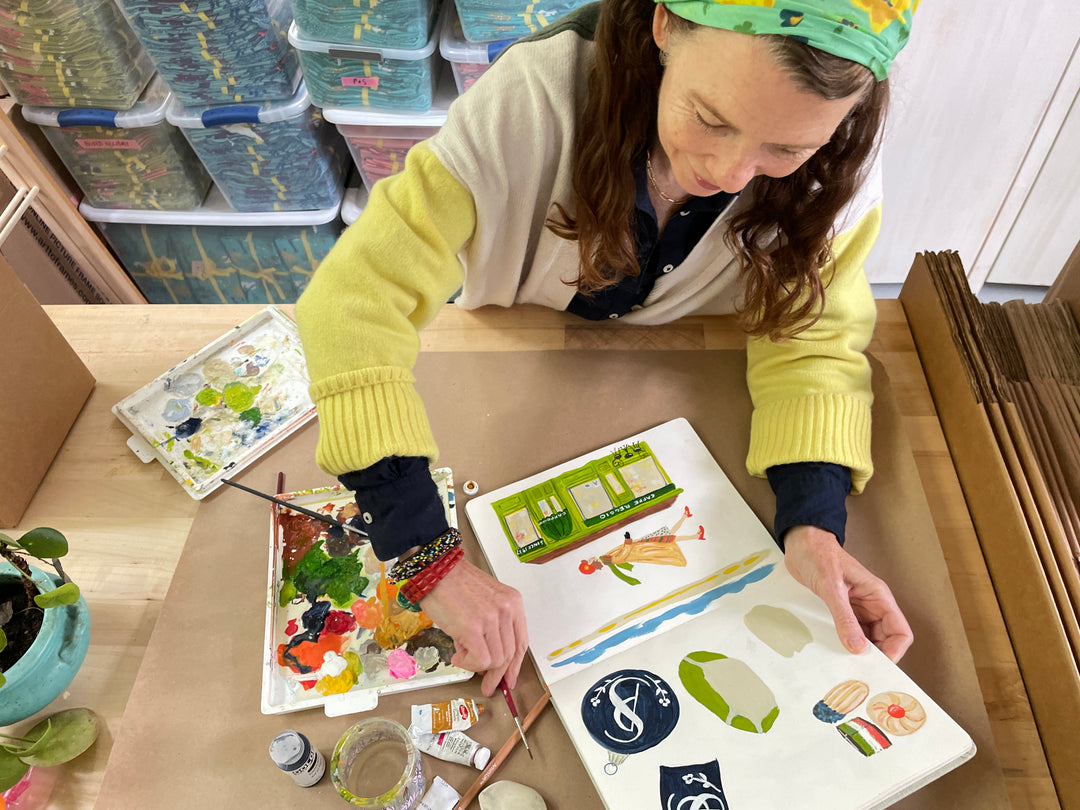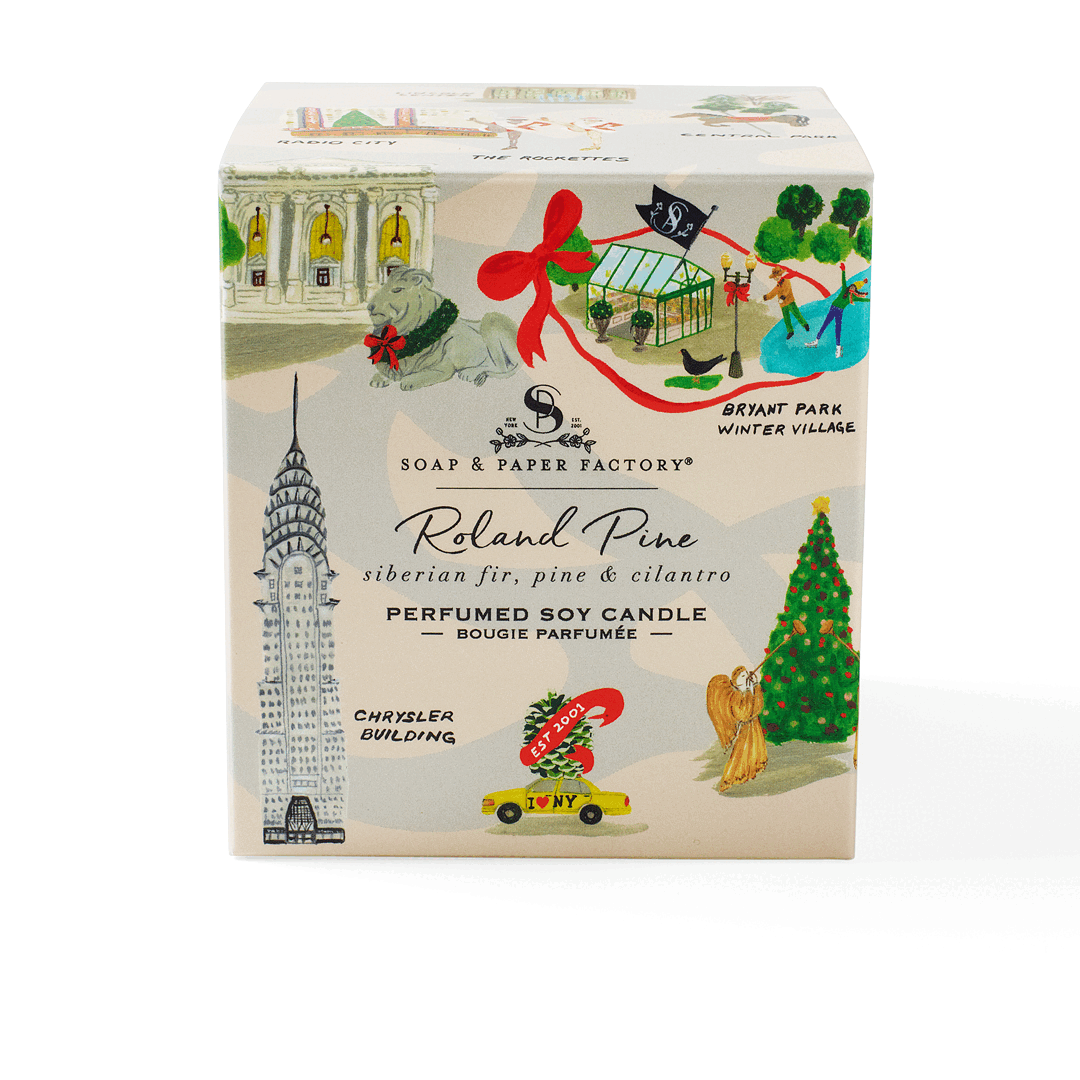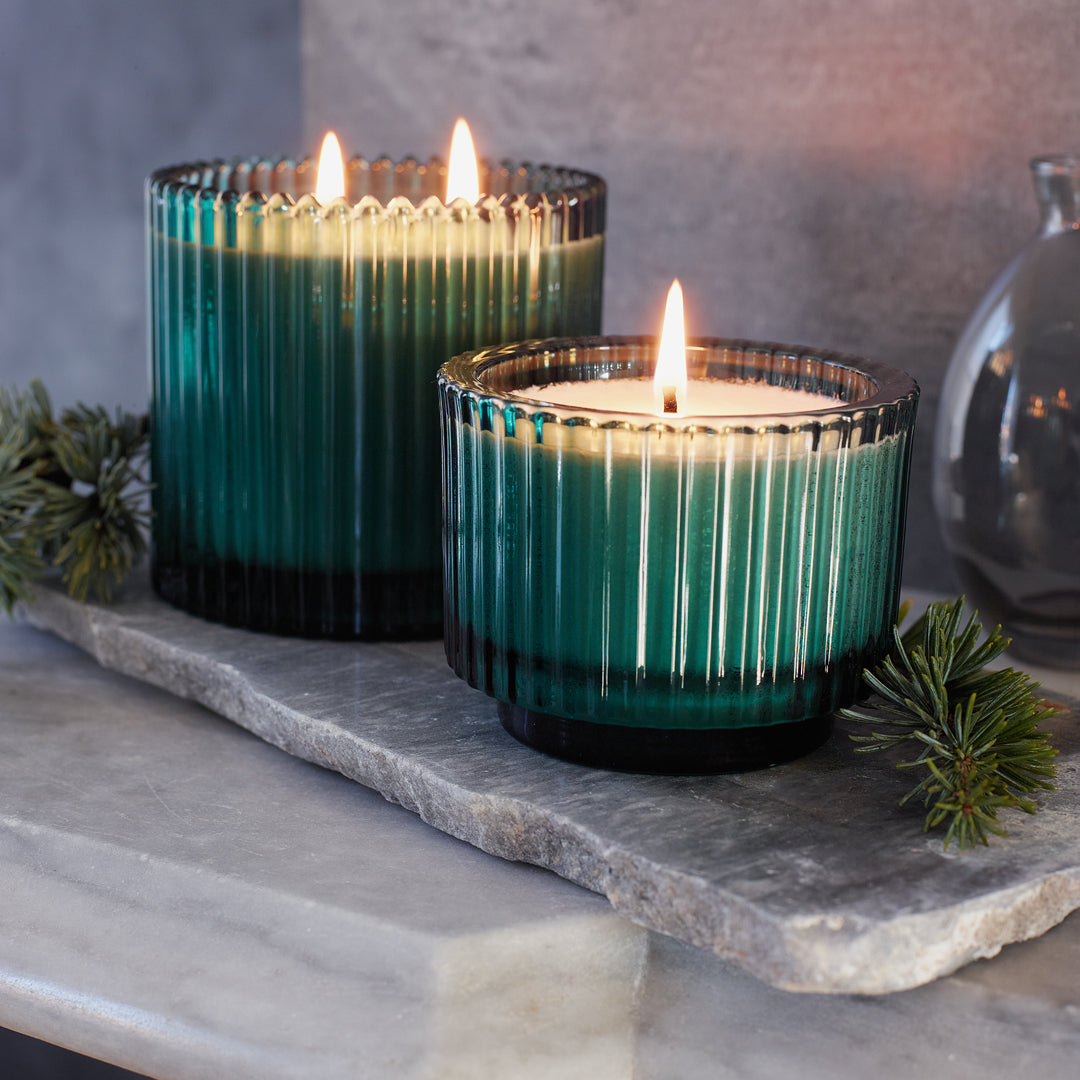History and Benefits of Potpourri
In the world of home decor and ambiance, few elements rival the timeless allure of potpourri. This aromatic blend of dried flowers, herbs, and spices has a rich history that spans centuries and transcends cultures. Join here into the fascinating journey of potpourri, exploring its origins, evolution, and the myriad benefits it brings to homes around the world. The history and benefits of potpourri.
The Origins of Potpourri
The word "potpourri" is derived from the French term meaning "rotten pot," a nod to the original method of creating this fragrant concoction. Historically, potpourri was crafted by layering various botanicals in a pot with salt to preserve and enhance their scents. Originating in 17th-century France, potpourri quickly became a popular trend among the aristocracy, symbolizing luxury and refinement.
Evolution through the Ages
As potpourri's popularity grew, different cultures embraced and adapted the art of blending scents. In the 19th century, English households adopted the use of potpourri as a means of combating unpleasant odors and infusing living spaces with delightful fragrances. The practice spread to other parts of Europe and eventually crossed the Atlantic to the United States, where it became an integral part of Victorian-era decor.
Modern Potpourri: A Fragrant Renaissance
In contemporary times, potpourri has experienced a renaissance, with artisans and home enthusiasts experimenting with diverse combinations to create unique olfactory experiences. Available potpourri often combines dried flowers, citrus peels, spices, and essential oils, offering a convenient and customizable way to add a touch of nature's perfume to any living space.
Benefits of Using Potpourri
Aromatherapy and Stress Reduction: Potpourri, infused with essential oils, serves as a natural and subtle form of aromatherapy. The soothing scents can help reduce stress, promote relaxation, and create a calming atmosphere in homes. According to a study published in the "International Journal of Environmental Research and Public Health," aromatherapy has been shown to have positive effects on mood and emotional well-being.
Natural Air Freshener: Potpourri provides a natural and chemical-free alternative to conventional air fresheners. The dried botanicals absorb and neutralize unpleasant odors, leaving behind a fresh and inviting aroma. This is particularly beneficial in high-traffic areas or rooms prone to lingering smells.
Decorative Accent: Beyond its aromatic qualities, potpourri serves as a visually appealing decor element. Elegant bowls or decorative containers filled with potpourri add a touch of sophistication to any room, enhancing the overall aesthetic appeal.
Cost-Effective Home Fragrance: Potpourri offers a cost-effective way to infuse living spaces with delightful fragrances. Unlike scented candles or air fresheners that require frequent replacement, potpourri can last for an extended period, providing long-lasting value.
Customizable Scents: One of the key benefits of potpourri lies in its versatility. Homeowners can experiment with different combinations of dried flowers, herbs, and spices to create custom scents that suit their preferences and the seasons.
Enhanced Ambiance: The gentle fragrance of potpourri can transform the ambiance of any room, making it particularly suitable for creating a warm and inviting atmosphere during social gatherings or quiet evenings at home.
From its origins in 17th-century France to its modern-day resurgence, potpourri has woven a fragrant tapestry throughout history. Its ability to offer aromatherapeutic benefits, act as a natural air freshener, and enhance the visual appeal of a space makes potpourri a timeless and versatile addition to any home. The history and benefits of potpourri are hard to ignore. As we continue to appreciate the art of crafting and enjoying potpourri, its rich history and numerous benefits remind us that the essence of beauty often lies in the delicate blend of nature's scents within the confines of our living spaces.


